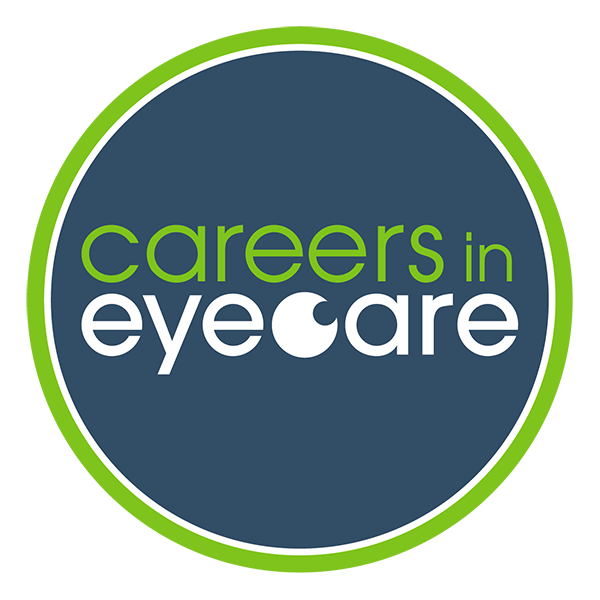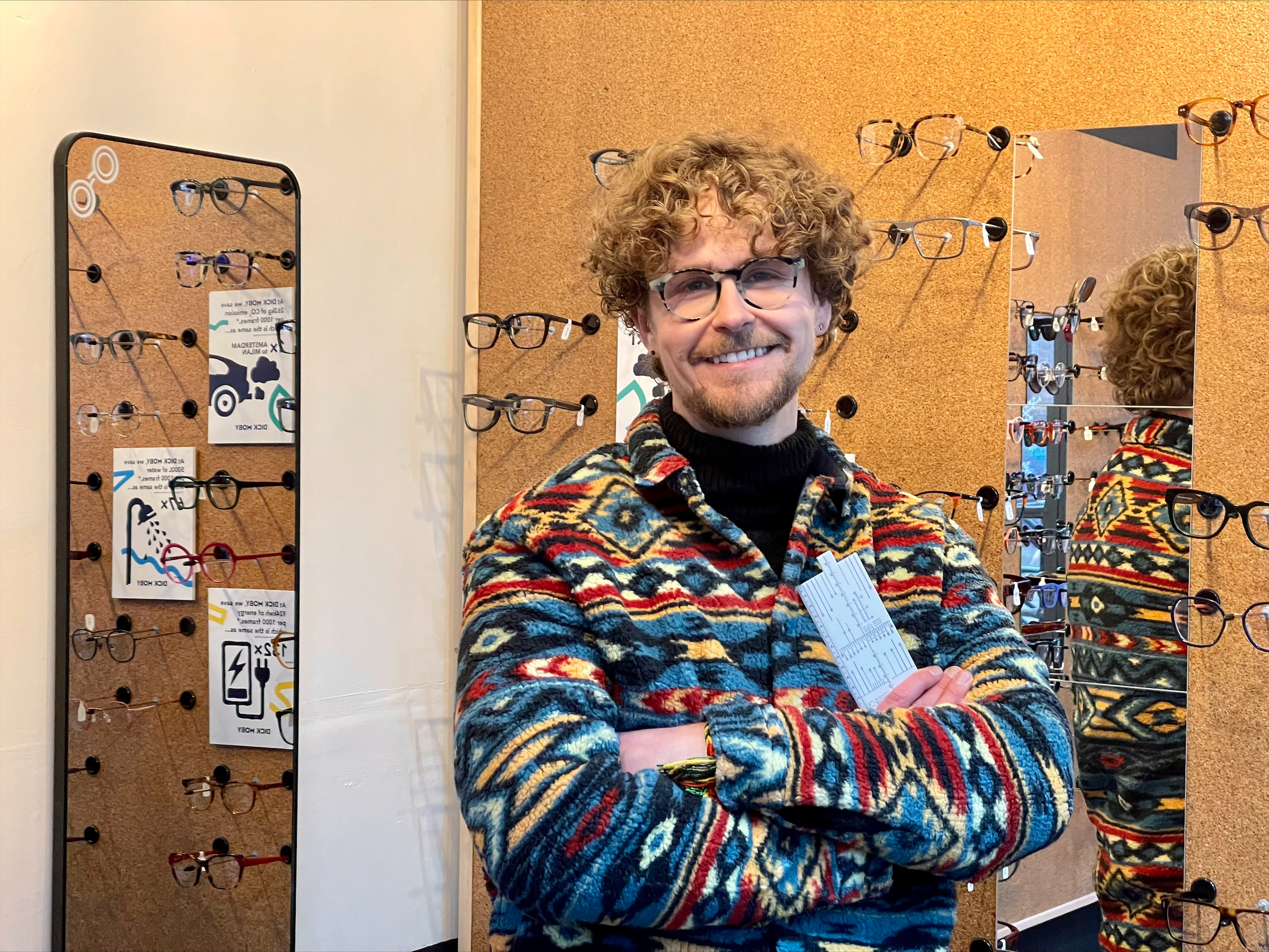Scott set up and owns Doctor Oculus in Birmingham
What is your role?
I am a dispensing optician, which means I have studied to become an expert in tailoring different kinds of lenses for glasses. It helps to enjoy maths to do this job, but the most important thing is being able to talk and listen to people’s different lifestyle needs so that they can get glasses that let them see as best as possible. I often say my job is just to chat to people, which isn’t too far from the truth, as our role within an opticians means we’re often the person that each visitor has the most conversation with.
How you start work – what do you do first?
In my shop I usually start by ordering the lenses I’ve tailored for people the day before. I find that I have the most energy in the mornings, which means I can concentrate better and be more accurate than if I’m tired at the end of a working day. This means I can properly think about all the ways I can set up a lens to work absolutely perfectly for a person and make better decisions. I can usually finish this in about an hour, which is just in time for my first visitor of the day to arrive for an eyewear consultation.
What do you love about your job?
At some point in most people’s lives they will need help with their vision. That means I meet all sorts of different people, from poor to rich and from old to young. Everybody has the same basic need, they want to be able to see more comfortably, but different lifestyles and backgrounds which makes each person unique and means every lens must be tailored slightly differently to meet these needs.
What are the challenges?
The same thing I love about being a dispensing optician is the same thing that makes it so challenging. This isn’t an exact science – everybody is unique, which means that what I do for one person may not be suitable for the next. To make sure I have enough of the right information from people to be able to properly tailor their lenses, I have had to learn how to be adaptable in the way I talk with people.
Some prefer to have more direct questioning about their needs; other people are less comfortable with technical questions and respond better to indirect questions that allow me to understand their needs from things like their posture, or the way they describe situations.
Some prefer a chat about their grandkids, or their job, or their dogs, or anything but their glasses. This means we all run late, but it’s OK because it means they feel comfortable and I’m still able to learn a lot about them and their lives which helps me to make good approximations of their needs.
How do you wrap up each day and prepare for the next?
I like to finish by making sure that I have all my notes and observations completed, and that I have spoken to anybody I promised to phone or email. Then I know I can come in the next day without any issues, urgency or confusion. If there’s any time left I’ll help my colleagues get their work finished off, or if they’re already done, we’ll take a break and have a chat before we leave for home, or go and visit one of the many great places to eat and drink close by. After a long day of purposeful conversation, it’s refreshing to get the chance to chat without purpose!

